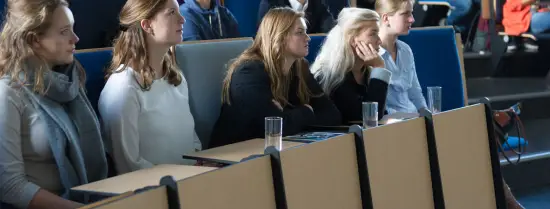Date: Friday 15 May 2009
Starting Time: 13.00
Location: Woudestein, room H04-02
Speakers:
- Dr. Karina van Dalen-Oskam (Huygens Instituut)
- Prof.dr. Sally Wyatt (Maastricht University, VKS)
Abstract
Like most scientific and scholarly domains, the humanities and the social studies have to face new philosophical and methodological issues due to the availability of digital resources and data. Some see the introduction of ICT as a catalyst for new developments. Others take the position that ICT has caused a crisis. Whether information and communication technologies are the problem or the solution, the emergence of digital scholarship calls for reflection on the role of empirical investigations in various fields. The seminar will start from two cases, introduced by the speakers, that both illustrate how new data types can change the scene.
The study of social life
The use of ICTs in so many areas of everyday life mean that huge quantities of data are automatically generated during people's routine transactions such as shopping and traveling. These offer social scientists powerful new resources for analysing social life but what does the availability of such data mean for the future of thesocial sciences? Is it the 'end of theory' as some have suggested, or does this data deluge mean that critical social science is in danger of losing its edge?
Literary studies
Lexicography and linguistics have a headstart in making use of new ICT possibilities in the Humanities. These disciplines have been developing new methods and techniques for a few decades now, focusing on building corpora and tools for corpus exploration. From related disciplines, scholars of the classics and of biblical texts generally are proficient at using new methods and techniques. Literary scholars, however, seem to lag behind. A possible explanation may be their fear of empirical research. An empirical approach seems to be natural for linguistic researchers by now, possibly going hand in hand with their use of corpora. More recently, literary scholars have started to ask for large text corpora as well.
Could this be the dawn of empirical literary research?
Those interested in related debates taking place with and among computer scientists are referred to two recent publications:
Anderson, "The End of Theory: The Data Deluge Makes the Scientific Method Obsolete"
Halevy, Norvig and Pereira, "The Unreasonable Effectiveness of Data"
The Digital humanities manifesto
